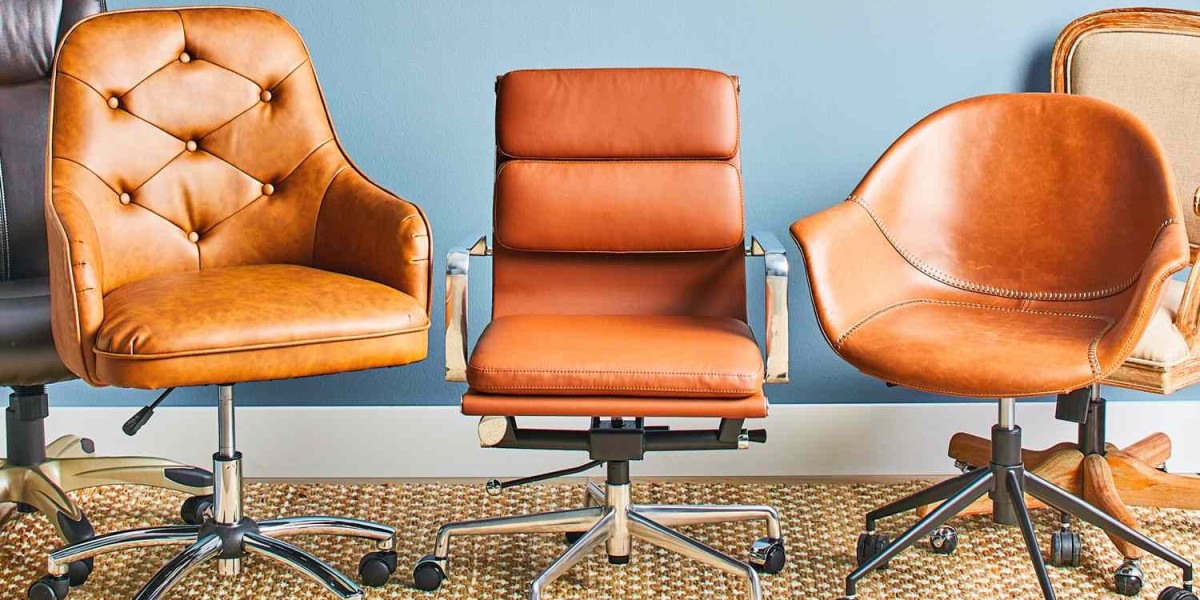As environmental concerns grow, many companies are seeking sustainable office furniture options that reflect their commitment to eco-friendly practices. Sustainable furniture not only reduces the environmental impact but also promotes employee well-being and enhances the overall workplace culture. Here are several sustainable office furniture options and considerations for eco-conscious companies.
1. Recycled and Upcycled Materials
Furniture made from recycled or upcycled materials reduces waste and conserves resources. These pieces can offer unique aesthetics and stories behind their creation.
- Options:
- Recycled metal desks: Made from scrap metal, these desks are durable and often have a modern, industrial look.
- Upcycled wood furniture: Crafted from reclaimed wood from old buildings or furniture, offering a rustic and unique appearance.
- Plastic furniture: Some manufacturers produce office chairs and tables from recycled plastics, providing a sturdy option while reducing plastic waste.
2. Sustainably Sourced Wood
Furniture made from sustainably harvested wood ensures that forests are managed responsibly, preserving ecosystems and biodiversity.
- Options:
- FSC-certified wood: Look for products made from wood certified by the Forest Stewardship Council (FSC), which guarantees sustainable forest management.
- Bamboo furniture: Bamboo grows rapidly and is a renewable resource, making it an excellent alternative to traditional hardwoods.
3. Eco-Friendly Fabrics
Office furniture upholstery can also be eco-friendly. Look for fabrics that are produced with minimal environmental impact.
- Options:
- Organic cotton: Grown without synthetic pesticides or fertilizers, organic cotton is a sustainable choice for upholstery.
- Recycled polyester: Made from post-consumer plastic bottles, recycled polyester is a durable and eco-friendly option for furniture coverings.
- Natural fibers: Materials such as hemp, linen, or wool can provide sustainable alternatives to synthetic fabrics.
4. Low-VOC and Non-Toxic Finishes
Volatile Organic Compounds (VOCs) are harmful chemicals often found in paints, varnishes, and adhesives. Choosing furniture with low-VOC or non-toxic finishes improves indoor air quality.
- Options:
- Furniture with water-based finishes: These have lower VOC levels compared to traditional oil-based finishes.
- Natural finishes: Oil, wax, or other natural treatments can provide protective layers without harmful chemicals.
5. Modular and Multifunctional Furniture
Modular furniture can adapt to changing needs and can be reconfigured as required, promoting longevity and reducing waste.
- Options:
- Adjustable desks: Desks that can be easily adjusted for height support ergonomic practices and cater to different working styles.
- Multi-use furniture: Items like foldable tables or convertible sofas can serve various purposes, reducing the need for additional pieces.
6. Local Manufacturing
Buying locally reduces transportation emissions and supports local economies. Look for companies that produce furniture within a short distance from your office.
- Options:
- Local artisans or manufacturers: Consider working with local craftsmen who create sustainable furniture, providing a unique touch to your office.
- Small-scale production: Supporting small businesses can promote responsible manufacturing practices.
7. Durability and Longevity
Investing in high-quality, durable furniture reduces the need for frequent replacements, ultimately saving resources and reducing waste.
- Options:
- Commercial-grade furniture: Designed to withstand heavy use, this type of furniture typically lasts longer than standard office furniture.
- Timeless designs: Choose classic styles that won't go out of fashion quickly, prolonging the life cycle of the furniture.
8. Ergonomic and Health-Focused Designs
Sustainable furniture can also focus on employee well-being. Ergonomic designs promote healthy work habits and can help prevent injuries.
- Options:
- Adjustable chairs and desks: Encourage movement and adaptability, supporting employees’ health and comfort.
- Sit-stand desks: Allow users to alternate between sitting and standing, promoting better posture and reducing sedentary time.
9. Furniture Rental and Leasing
For companies that frequently change office environments or want to minimize waste, renting or leasing furniture can be a sustainable alternative.
- Options:
- Furniture rental companies: These provide sustainable furniture options for short-term or long-term use, reducing the need for purchasing new items.
- Leasing programs: Some manufacturers offer leasing options that include maintenance and end-of-life recycling.
10. Second-Hand and Vintage Furniture
Buying second-hand or vintage furniture gives new life to existing pieces, reducing the demand for new products and minimizing waste.
- Options:
- Thrift stores and auctions: Explore local thrift shops or online auction sites for quality used furniture.
- Antique shops: Vintage office furniture can add character to your workspace while promoting sustainability.
Conclusion
Sustainable office furniture options are not only beneficial for the environment but also contribute to a healthier and more productive workplace. By choosing furniture made from recycled materials, sustainably sourced wood, and eco-friendly fabrics, companies can demonstrate their commitment to sustainability while providing a comfortable and appealing work environment. Embracing sustainability in office furniture design helps create a positive impact on both employees and the planet, making it a worthwhile investment for eco-conscious businesses.
reddestin.pk







